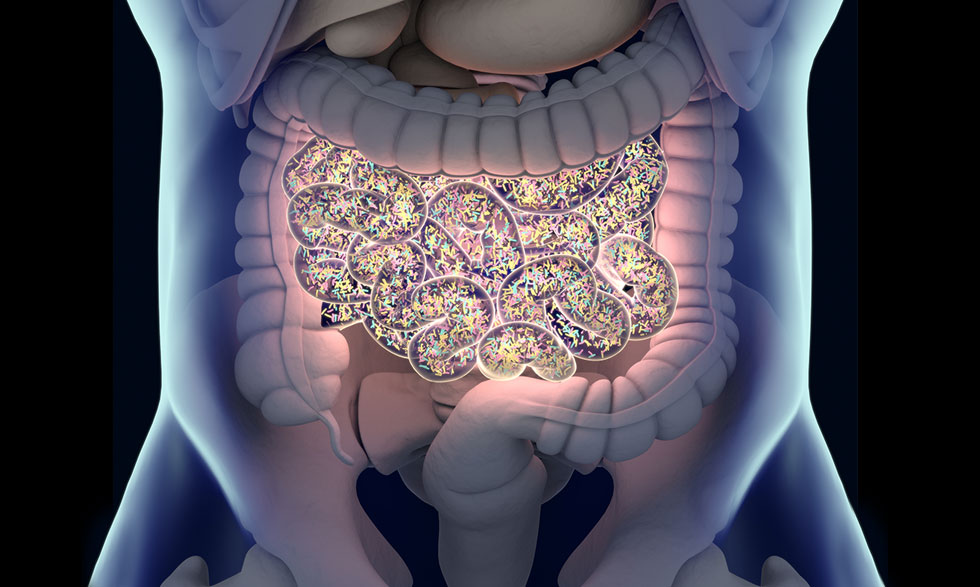
Could our own bacteria be helpful in cancer treatment?
Maybe, say researchers sponsored in part by the National Institute of Allergy and Infectious Diseases (NIAID).
Antibiotics are essential to prevent life-threatening and serious bacterial infections in patients undergoing cancer treatment. However, antibiotics also destroy “good” bacteria that prevent infections and enhance immune function.
Fecal microbiota transplantation, also known as FMT, is a new way to replenish “good” bacteria in cancer patients who require stem cell transplants, researchers found.
The process involved using a patient’s own stool, known as autologous fecal microbiota transplantation, or auto-FMT for short. Before their stem cell transplantation, the patient’s stool was frozen and reintroduced after the stem cell transplant was stable, with the objective of restoring good bacteria to their gut.
While the process might sound strange, it had promising results.
In the study, auto-FMT resulted in the recovery of beneficial gut bacteria to near-normal levels within days for patients. Under more traditional treatment, it can take several weeks for good bacteria to return to normal levels.
“This important study suggests that clinical intervention using auto-FMT can safely reverse the disruptive effects of broad-spectrum antibiotic treatment,” says NIAID Director Anthony S. Fauci, M.D. “If validated in larger studies, this approach may prove to be a relatively simple way to quickly restore a person’s healthy microbiome.”
